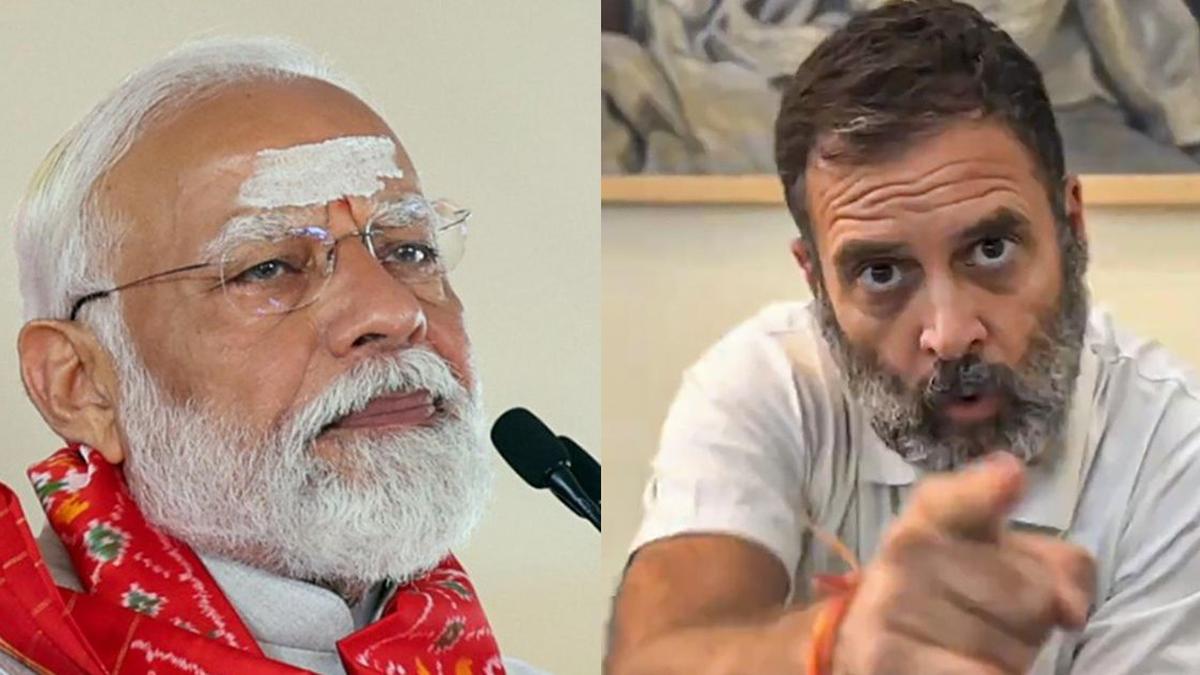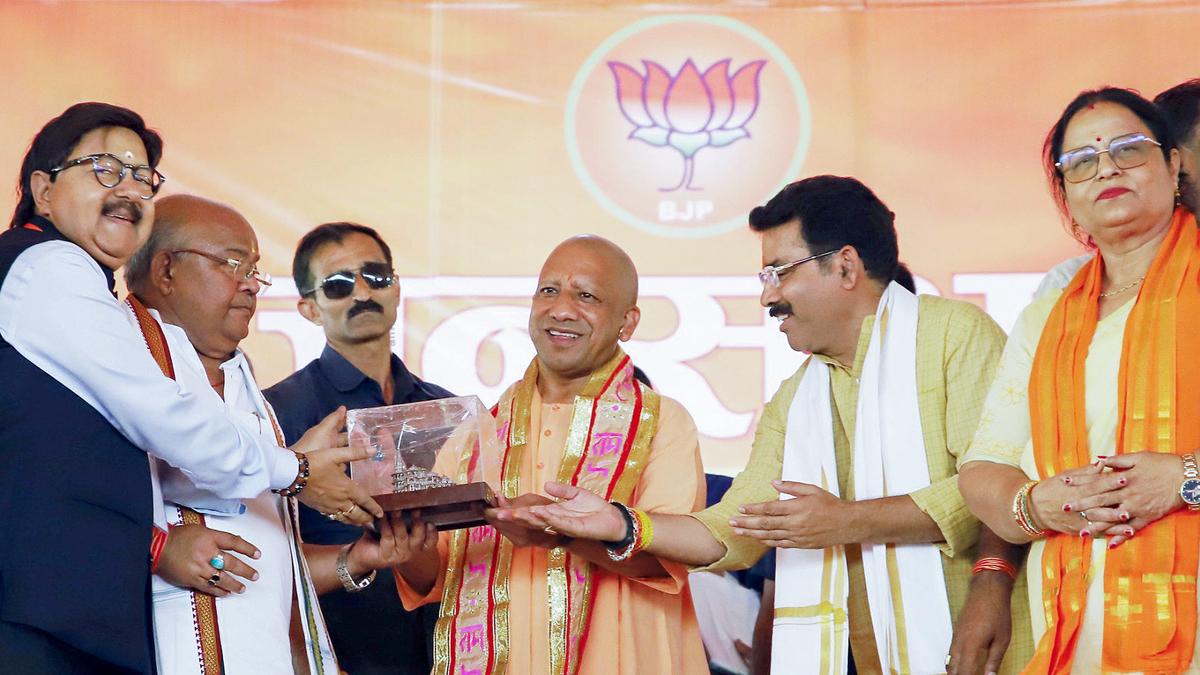The simultaneous “disarming” of all the Sri Lankan militants in Tamil Nadu during November 1986 - also called Operation Tiger - caused “much confusion” in the police department, according to W.I. Davaram, former Director General of Police.
In his recently-launched memoir ‘Munnar to Marina: The Journey,’ the former DGP, who held the post between September 1995 and May 1996, referred to an exercise carried out in the early hours of November 8, 1986 to “disarm” the militants all over the State. The police recovered weapons such as AK-47 rifles, SAM missiles, rocket launchers, two-inch mortars, hand grenades, rifles and pistols, said a news item of The Hindu on November 9, 1986.
“Apart from Madras, there were raids in Chingleput [now covers Tiruvallur and Kancheepuram districts in addition to Chengalpattu], Tiruchi, Pudukkottai, South Arcot [Cuddalore, Villupuram and Kallakurichi], Salem, Thanjavur, Ramanathapuram, Madurai and Anna [now called Dindigul] districts,” the report added.
In his work, Mr Davaram, who was the then Police Commissioner of Chennai, said: “The disarming itself had no parallel in history. Even an accidental firing by one of the militants in any of the [militants’] camps would have developed into a major conflagration. I shudder to think of a battle between militants armed with the most modern weapons and the Tamil Nadu police armed with pre-historic firearms fit only to control unlawful and unarmed assemblies.”
Exactly a week earlier, a 24-year-old youth, belonging to the Scheduled Castes (SC), was killed and two others sustained bullet injuries in the city when the militants belonging to the Sri Lankan Tamil group, the Eelam People’s Revolutionary Liberation Front (EPRLF) opened fire “indiscriminately” at a crowd following an altercation, The Hindu reported on November 3, 1986.
Mr. Davaram recorded that it was he who, “with a small team” of police personnel, “surrounded” the residence of LTTE [Liberation Tigers of Tamil Eelam] chief V. Prabhakaran in Indira Nagar, “disarmed him and his followers, numbering over 30, and took them to the office of the DIG, CID.” Prabhakaran, “who was kept waiting” on the corridor of the CID office, “maintained total silence.” Only his associate, Anton Balasingham, had protested the arrest.
The author went on to say that the arrested militants were released but without their weapons. The exception was made in the case of Tamil Tigers, to whom the weapons were given back. “This process benefitted none but the LTTE,” he mentioned.
Even though Mr. Davaram said the then Chief Minister M.G. Ramachandran [who was in New Delhi when Operation Tiger was carried out] was behind the move to disarm the militants and the decision to return the weapons to the LTTE, he felt that the order to disarm the militants was the “brainchild” of DGP-CID, Mohandas.
Describing his senior colleague as a “brilliant, self-willed and capable” officer, Mr. Davaram said Mohandas had the “capacity to influence the Chief Minister and even the Prime Minister on matters relating to Sri Lanka. The lack of direction, the inconsistency of both, the Government of India and that of Tamil Nadu, and above all the prolonged illness of MGR complicated the whole situation.” He regretted that Mohandas served in “unimportant posts” during the rest of his career.

 1 week ago
122
1 week ago
122


